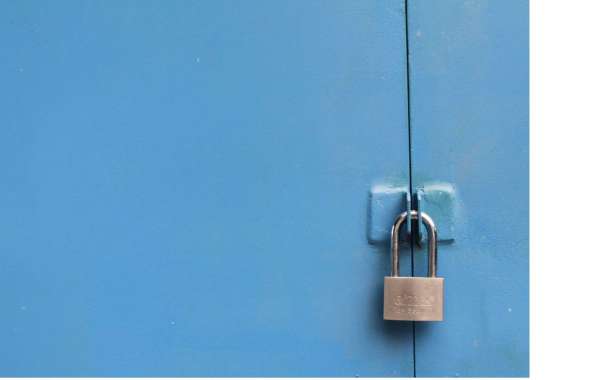Outpatient treatment for addiction is highly structured, addressing all aspects of the problem. This treatment is also cheaper than inpatient programs and can allow a person to stay in their own community. Although it is less intensive than inpatient treatment, it is not for everyone. If you are looking for an addiction treatment program, you may be wondering how outpatient care can help you. The following article will discuss the benefits of outpatient treatment for addiction. Read on to learn more.
Outpatient treatment is highly structured
Outpatient treatment is usually the next step after inpatient treatment, or a preventative measure before a higher level of care is needed. For example, a woman hospitalized for a suicide attempt might attend a structured outpatient program, while a teenage girl with suicidal thoughts could attend an intensive outpatient program. For a wide range of conditions, outpatient treatment is a great fit. In this way, the patient can maintain a normal life while attending sessions with a professional team.
Outpatient programs may include a variety of therapeutic options, including individual and group therapy. Therapists and other healthcare professionals will work with the patient to develop a plan of action and address their specific needs. Outpatient treatment may be beneficial for a patient suffering from co-occurring disorders, like anxiety and depression. It can also address eating disorders, bipolar disorder, or post-traumatic stress disorder. Because outpatient programs are not available twenty-four hours a day, they may not be suitable for people who require round-the-clock care.
It focuses on all aspects of addiction
Treatment for addiction is not only for males, but also for females. In women, drug addiction is less common because of the way men are more likely to get addicted. Often, the addict is not willing to accept treatment, so they resort to other means to cope with the pain and discomfort. Women's addiction treatment is becoming more sophisticated, incorporating more psychological, biological, and spiritual aspects of the condition. Here are some key facts about women and addiction.
Non-pharmacological treatments are often called "talk therapies" and include psychotherapy and counseling. They aim to teach patients new behaviors and skills to prevent relapse. They also link patients with community-based resources. Family members or significant others are also included in these programs. In addition to providing treatment, these groups are dedicated to fostering recovery for addicts and their families. This approach is not only beneficial for individuals but also for the society as a whole.
It is less expensive than inpatient treatment
While inpatient treatment is typically twice as expensive as outpatient rehab, it does come with several benefits. Outpatient rehab allows patients to live at home and continue working and caring for family members, while being away from many triggers that may re-incidentally cause an episode of addiction. Outpatient rehab is also much less expensive than inpatient treatment. There are some disadvantages to inpatient rehab, however. You should consider the benefits and costs of outpatient rehab before making the final decision.
Inpatient treatment is often the best option for people struggling with addiction because it provides a supportive environment. Inpatients are typically kept out of environments that promote drug use, including bars, restaurants, and alcohol bars. This helps them stay sober and avoid the temptations of their former lives. Outpatients also tend to have a larger support network, which can be helpful during recovery. But inpatient treatment also comes with its share of downsides, as it is not as convenient.
It allows people to remain in their communities
Outpatient treatment is a more flexible way to receive treatment for drug and alcohol addiction. People participating in these programs remain in their communities and maintain their regular jobs and other commitments. They also have greater privacy and are not required to leave their homes and communities for treatment. Unlike residential treatment, outpatient programs typically cost less. Some have strict schedules, while others are appointment-based. There are advantages to both.







